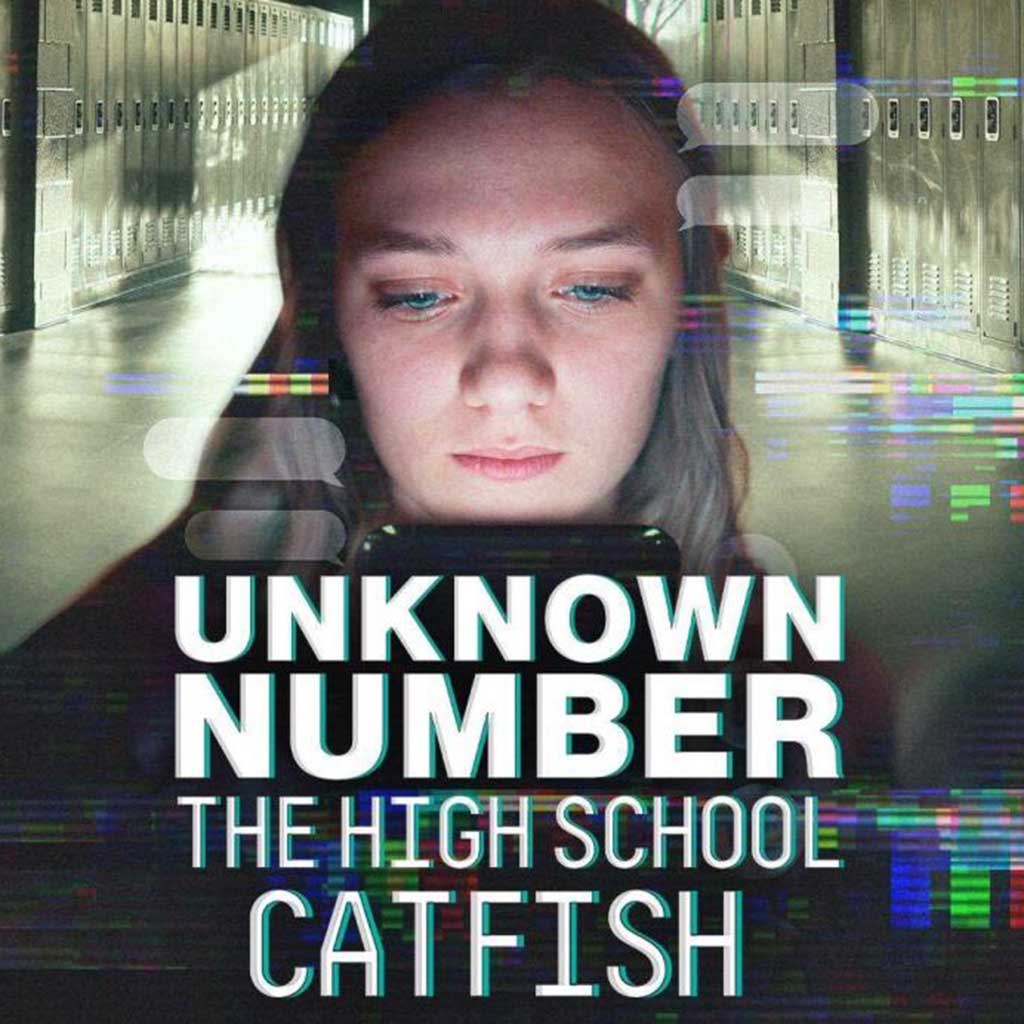When Love and Harm Collide
by Jill Harmon, LCSW-R, CCTP-II

Netflix’s Unknown Number
Netflix’s Unknown Number highlights bullying, trauma bonds, and personality-disordered parenting. Learn how therapy helps survivors heal.
The Netflix documentary shocked viewers with its disturbing story of harassment and bullying. Beyond the online cruelty, many were struck by the complicated family dynamics at its core: a mother showing traits of a personality disorder, and a daughter whose muted reaction — and continued bond with her mother — left audiences with more questions than answers. These dynamics highlight important truths about trauma, attachment, and recovery.
Parents With Personality Disorders
When a parent struggles with traits of a personality disorder, the child grows up in an unpredictable environment. This isn’t limited to mood swings. Personality-disordered parents may blur boundaries in other ways: engulfing their children, trying to befriend their kids’ friends, behaving immaturely, even becoming competitive with their children. Some attempt to live through their child’s accomplishments; others feel threatened by them. From the outside, this can look confusing or even shocking. From the inside, it often feels normal — and that “normal” can be harmful.
Misunderstood Reactions: Freeze and Fawn
Many viewers wondered why the daughter in Unknown Number appeared so flat when learning her mother was behind the harassment. Some even accused her of knowing more than she admitted. In trauma psychology, however, this kind of reaction is often explained by the freeze or fawn responses. Just as fight and flight are survival strategies, so are freezing (numbing, dissociation, or shutting down) and fawning (appeasing or minimizing conflict to stay safe). Survivors of emotional abuse may look detached, unemotional, or even complicit, when in reality these are deeply ingrained survival mechanisms. Recognizing this helps us respond to survivors with compassion rather than judgment.
The Power of Trauma Bonds
Another striking dynamic was the daughter’s continued connection to her mother, despite years of bullying and betrayal. This is known as a trauma bond. Children are wired to seek closeness with caregivers, even when those caregivers cause harm. A toxic parent may be both the source of fear and the source of love. That mix makes breaking away feel impossible. Survivors often describe loving their parent while also fearing or resenting them — a confusing but common reality for adult children of narcissistic or emotionally immature parents.
Healing From Complex Family Trauma
Recovering from these experiences takes time and compassionate support. Therapy can help survivors untangle the mix of love and harm, validate what they went through, and build healthier boundaries. Approaches like EMDR for trauma processing and DBT skills for emotional regulation can be powerful tools. For many, the most healing step is realizing they are not alone — and that what they experienced was not their fault.
Moving Forward
The story told in Unknown Number may seem extreme, but quieter echoes of it are common: parents who belittled, manipulated, or competed with their children while also providing care. One moment that stood out to many viewers was the mother minimizing her harassment as merely “a mistake” and then chastising her daughter for not showing her enough love while she was in prison. This reversal — downplaying serious harm while blaming the child — is a hallmark of emotionally immature and personality-disordered parenting.
Recognizing these patterns is the first step toward change. With help, survivors can heal from complex family trauma, reclaim their voice, and create relationships based on genuine respect and safety.
Contact us at Mindfulness Matters Psychotherapy if you or your loved ones are struggling with the effects of bullying, trauma bonds, or personality-disordered parents. We’re here to help you heal and build healthier relationships.
